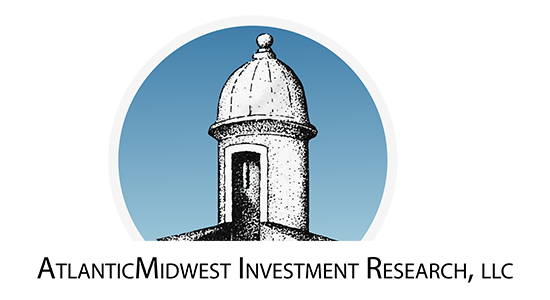The Triple Dangers of Inflation for Pre-Retirees: Safeguard your financial well-being and ensure a secure retirement
As the economic landscape continues to shift and evolve, one specter looms ominously over the horizon: inflation. For pre-retirees, individuals who are on the cusp of transitioning into their golden years, the effects of inflation can be particularly devastating. With each uptick in the Consumer Price Index (CPI), the financial security and stability of those planning for retirement are put at risk.
April’s reports from the Bureau of Labor Statistics serve as a stark reminder of the challenges posed by inflation. In March, the Consumer Price Index rose by 0.4% over the previous month and by 3.5% over the prior year. While these figures may seem modest at first glance, the implications are far-reaching. Extrapolating the 0.4% monthly increase over a year paints a more alarming picture, nearing a 5% annual inflation rate. Such a rapid escalation in prices can have profound effects on the financial well-being of individuals, especially those nearing retirement age.
Less Money to Save for Retirement
One of the most immediate consequences of inflation is the increased cost of goods and services. For pre-retirees, this translates into a higher cost of living, making it more difficult to stretch their savings and investments to cover essential expenses. As everyday items become more expensive, discretionary income dwindles, leaving individuals with less money to allocate towards savings and retirement accounts.
This erosion of purchasing power can derail even the most carefully laid financial plans, forcing pre-retirees to reassess their retirement timeline or make significant adjustments to their lifestyle.
Not Good for Wall Street
Moreover, higher inflationary periods are generally not conducive to a thriving stock market. As prices rise and uncertainty mounts, investors may become wary, leading to volatility and downturns in equity markets. For pre-retirees with a significant portion of their retirement savings invested in stocks, this can spell trouble. A shrinking portfolio value can jeopardize retirement goals and force individuals to reconsider their investment strategy, potentially opting for safer but lower-yielding assets.
Less Money in Retirement
Perhaps the most insidious aspect of inflation is its long-term impact on future purchasing power. While the immediate effects may be felt in the form of higher prices and dwindling savings, the true cost of inflation manifests over time. As the value of money diminishes, retirees may find that their fixed income streams, such as pensions or annuities, are no longer sufficient to maintain their desired standard of living. This erosion of purchasing power can erode the quality of life in retirement, forcing individuals to make difficult choices and compromises in their golden years.
Secure Your Retirement
In light of these challenges, pre-retirees must take proactive steps to mitigate the impact of inflation on their financial future. Diversifying investments to include inflation-hedging assets such as real estate, commodities, or Treasury Inflation-Protected Securities (TIPS) can provide a buffer against rising prices. Additionally, maintaining a flexible retirement plan that accounts for inflationary pressures and adjusts accordingly can help pre-retirees navigate uncertain economic conditions.
As inflation continues to exert its influence on the economy, pre-retirees must remain vigilant and adaptable. By understanding the devastating effects of inflation from their perspective, individuals can take proactive measures to safeguard their financial well-being and ensure a secure retirement.
Copyright © 2024 FMeX. All rights reserved.
Distributed by Financial Media Exchange.
